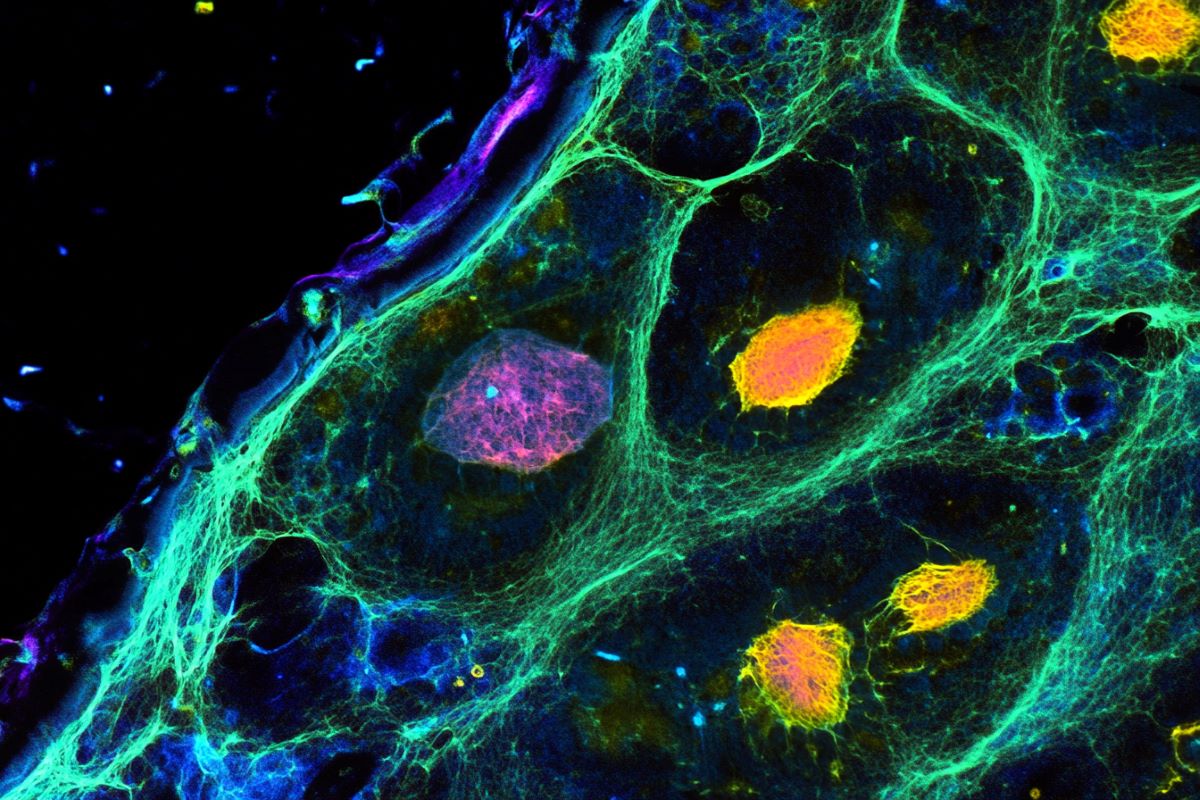In a recent study, scientists from Durham University and Oxford Brookes University in the UK have contributed to a better understanding of the genetic mechanisms that drive the rapid evolution of male external genitalia in fruit flies. This evolutionary process, influenced by factors such as female choice and the distinct reproductive needs of each sex, has long fascinated biologists because of its impact on secondary sexual traits in a wide range of species. The discovery of a critical gene involved in shaping male genitalia is a significant breakthrough, providing new opportunities to explore the intricate relationship between genetics and sexual selection.
Fruit flies offer insights into the evolution of genitalia due to sexual selection














